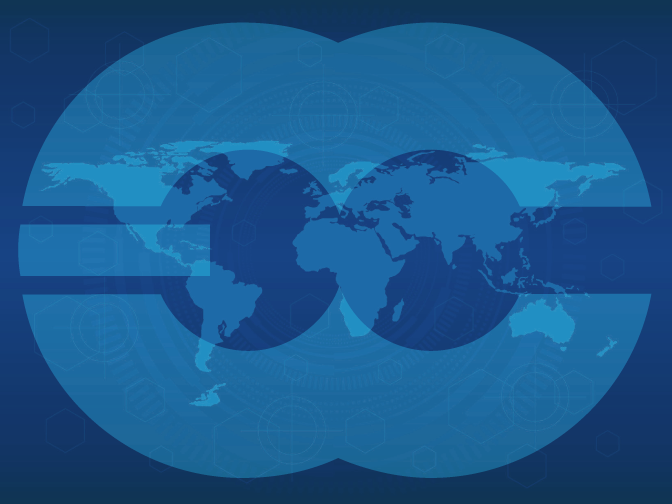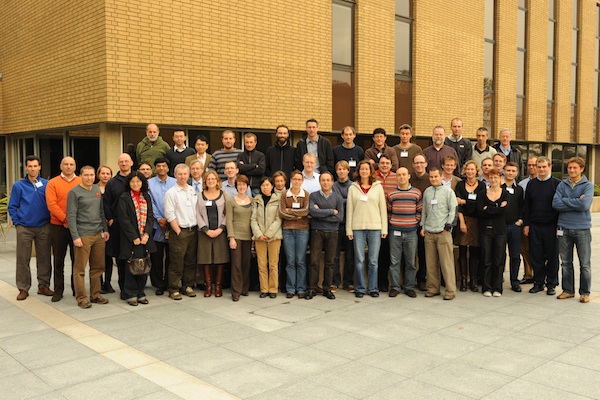

About 50 leading scientist from outside ECMWF participated in the workshop on "Land Surface Modelling, Data Assimilation and the Implications for Predictability", which took place at ECMWF from 9 to 12 November.
The workshop was organized in cooperation with the Global Land/Atmosphere System Study (GLASS), which is part of the WCRP/GEWEX (World Climate Research Project/ Global Energy and Water Cycle Experiment). The workshop had two and a half days of presentations and posters followed by one day of working group meetings and a plenary discussion. In the talks and posters, recent research was reviewed on land atmosphere modelling, land data assimilation, new observations (e.g. SMOS), and on the role of soil moisture and snow in predictability in the sub-seasonal time range. Also the role of verification and benchmarking was discussed. It was clear that a wide range of processes is relevant e.g. soil hydrology, soil heat transfer, snow processes, lake evaporation, interaction with the water table, vegetation activity, carbon fluxes, terrain heterogeneity and interaction with the boundary layer.

Given the wider range of subprocesses, the working groups were asked to make recommendations on priorities for further research at ECMWF and in the GLASS community. The workshop particularly endorsed the Centre's plans for further integration of the atmospheric model and the land data assimilation system and the use of new soil moisture related observations (e.g. SMOS). Reports on the working group discussions are in preparation and will be published in proceedings together with short papers on the individual contributions.
